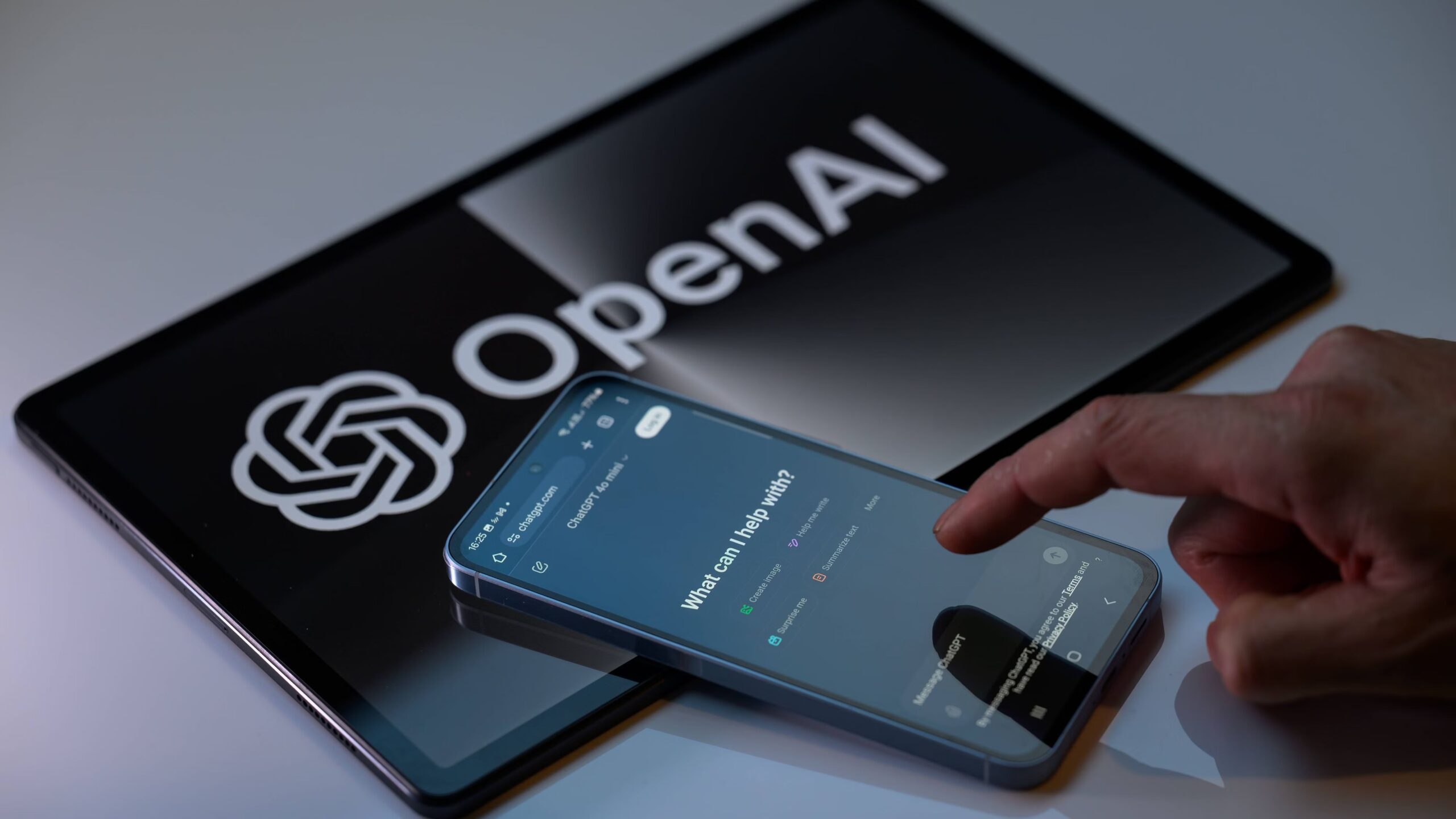
OpenAI is preparing to release its first AI-powered web browser, aiming to disrupt Google Chrome’s longstanding lead in the browser market. The new browser is expected to launch within weeks and will feature a deeply integrated artificial intelligence experience akin to ChatGPT.
Redefining Web Browsing with AI Integration
Unlike traditional browsers that rely heavily on search engines and navigating through multiple websites, OpenAI’s browser will offer a native AI chat interface. Users can obtain answers and complete tasks directly within the browser, reducing the need to jump between pages. This shift could change how internet users conduct research, create content, and manage daily productivity, especially those already familiar with ChatGPT.
Chrome commands a dominant share of the browser market, boasting extensive user data that powers Google’s advertising and search business. OpenAI’s browser, by keeping users within its AI ecosystem, aims to capture more user interactions, potentially challenging Google’s control over search traffic and data.
With over 500 million weekly active ChatGPT users, OpenAI has a strong foundation to drive adoption. Even a fraction of these users switching browsers could pose a significant threat to Chrome’s market position.
Deep AI Agent Integration
A standout feature of OpenAI’s browser will be its seamless connection with AI agents like the upcoming “Operator” assistant. The browser won’t just display web pages—it will execute tasks such as booking reservations, recommending products, or summarizing documents based on simple text commands.
The browser project, reportedly initiated last year, fits within OpenAI’s strategy to broaden its product offerings. The recent $6.5 billion acquisition of AI hardware startup io—led by former Apple design head Jony Ive—signals OpenAI’s ambition to build a comprehensive AI ecosystem that spans software, hardware, and everyday user engagement.
Author’s Opinion
OpenAI’s AI-powered browser is poised to transform web interaction by shifting from passive browsing to proactive, AI-assisted experiences. By integrating powerful AI agents, OpenAI not only challenges traditional browsing but also rethinks how productivity and research happen online. If executed well, this could mark a fundamental change in internet usage patterns and push competitors like Google to innovate more aggressively.
Featured image credit: Heute
For more stories like it, click the +Follow button at the top of this page to follow us.
